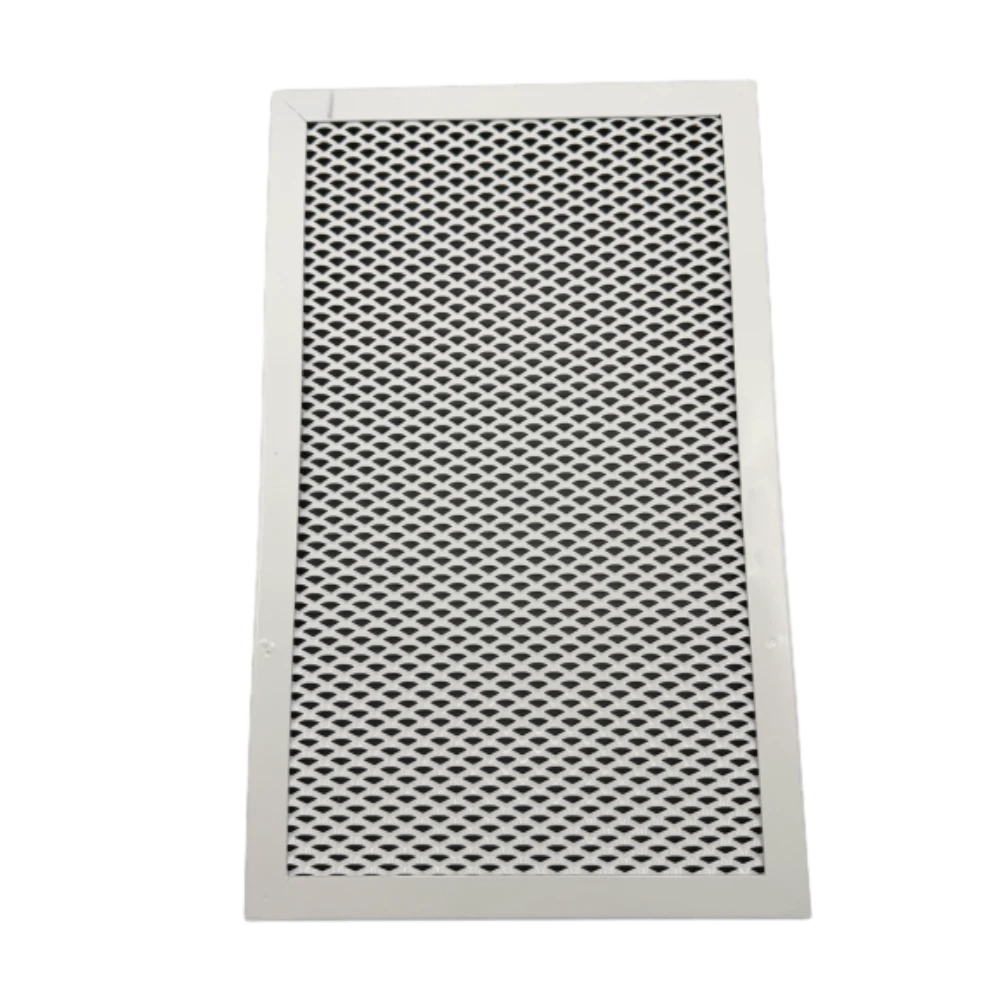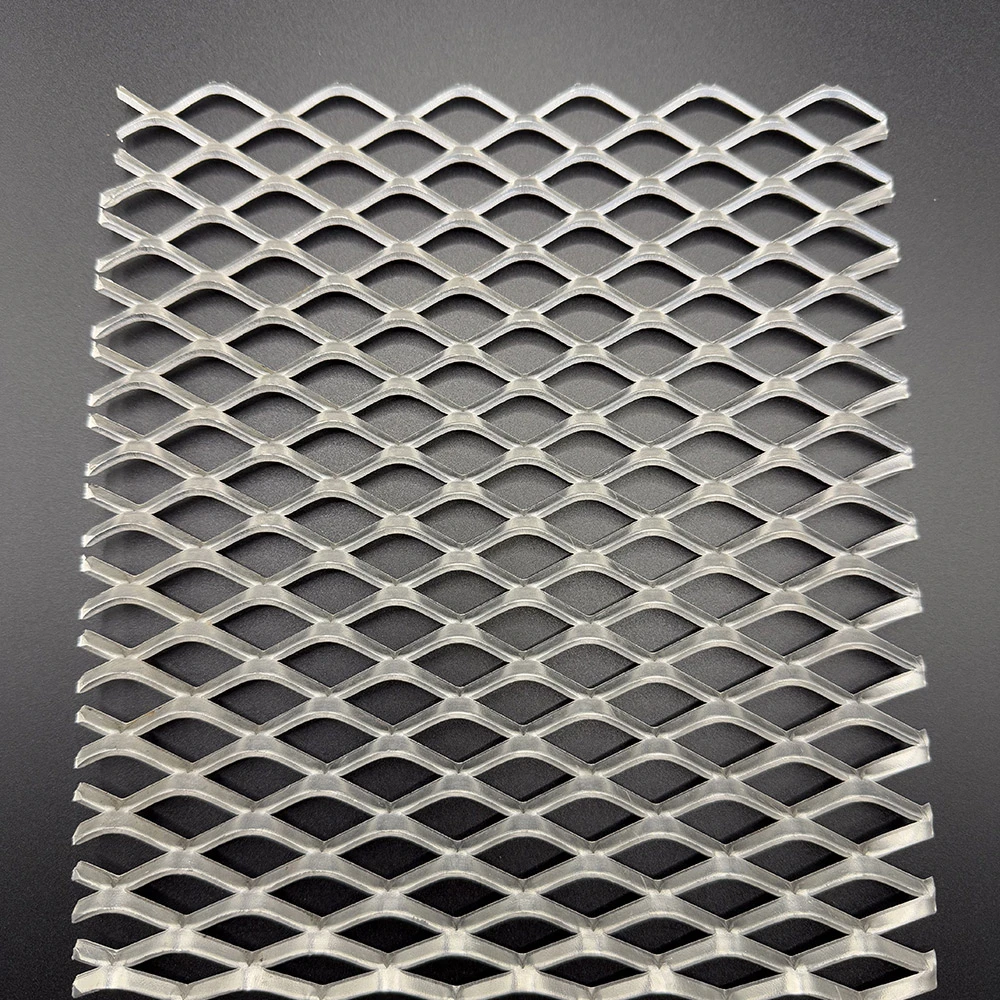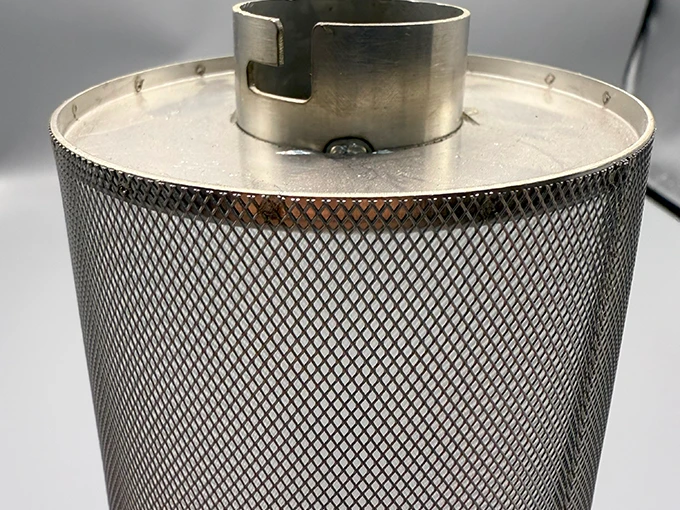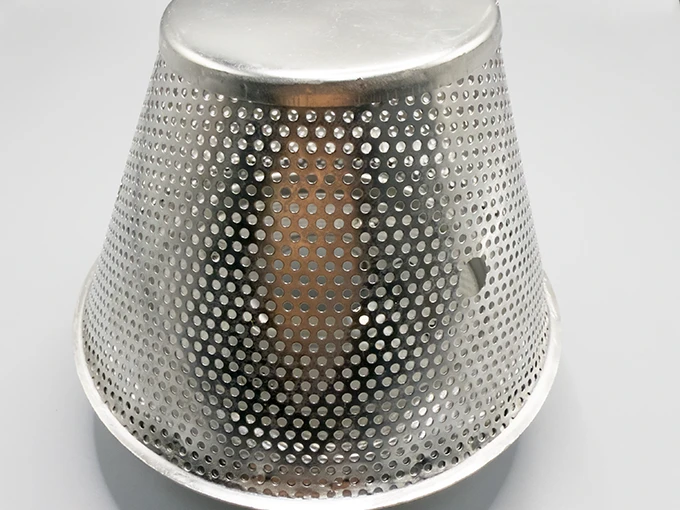- Fundamentals of 100 Micron Filtration and Material Science
- Engineering Advantages of Stainless Steel Mesh Filtration
- Performance Comparison: Leading 100 Micron Filter Manufacturers
- Customization Strategies for Specialized Filtration Scenarios
- Quantifiable Results Across Major Industry Applications
- Installation Protocols and Maintenance Optimization
- Emerging Innovations in Micron-Level Filtration Technology

(100 micron stainless steel filter)
Understanding the Fundamentals of 100 Micron Filtration
100 micron stainless steel filter
s represent the precision frontier for industrial particle separation, capturing contaminants 1.5 times finer than a human hair. This measurement equates to 0.1 millimeters or 100 micrometers (µm), positioning these filters as critical components where standard sieves fail. The filtration spectrum categorizes 100-micron screening as mid-range filtration, bridging the gap between coarse pre-filters (500+ microns) and fine microfiltration (1-50 microns). Metallurgical analysis confirms that authentic 100 micron filter mesh utilizes 316L or 304 stainless steel grades, delivering tensile strengths between 515-620 MPa with hardness ratings of 79-88 HRB. According to International Filtration Standards ISO 2942, true 100-micron accuracy requires ±5% dimensional tolerance across all mesh apertures. Applications demanding this specific micron rating include pharmaceutical intermediate filtration, biodiesel processing, and aerospace hydraulic systems where particulate control directly correlates with system integrity.
Engineering Advantages of Stainless Steel Mesh Filtration
Stainless steel's dominance in 100 micron screen filter applications stems from unparalleled material properties unmatched by polymer alternatives. Corrosion resistance testing per ASTM A480 shows less than 0.1mm/year corrosion rate in pH 1-12 environments, outperforming nylon alternatives by 300%. Temperature resilience enables continuous operation from -200°C to 650°C without structural compromise – a critical advantage in thermal oil filtration or cryogenic processes. The non-reactive surface prevents chemical leaching, maintaining 99.97% fluid purity in FDA-regulated applications. Unlike disposable filters, these reusable screens withstand over 500 cleaning cycles via ultrasonic, reverse-flow, or thermal methods while retaining original micron accuracy. Compressive strength ratings exceed 85,000 psi, preventing mesh deformation under 150 PSI operating pressures typical in hydraulic systems. Additional benefits include:
- Electropolished options reducing surface friction by 34%
- Bead-blasted finishes enhancing particle release during backwashing
- Multi-layer sintering capabilities for gradient density filtration
Performance Benchmarking: Top 100 Micron Filter Manufacturers
| Manufacturer |
Material Certification |
Aperture Consistency |
Max Pressure (PSI) |
Temperature Range |
Industry Certifications |
| Industrial Mesh Solutions |
316L SS (Certified Mill Test) |
±3 micron (ISO 9044) |
250 |
-269°C to 538°C |
ASME BPE, FDA CFR 21 |
| Precision Filter Corp |
304 SS (3.1B Material Trace) |
±7 micron |
180 |
-40°C to 427°C |
ISO 9001:2015 |
| Global Filtration Group |
Duplex 2205 |
±10 micron |
350 |
-50°C to 300°C |
PED 2014/68/EU |
| FilterTechnik GmbH |
316Ti Stainless |
±4 micron |
290 |
-200°C to 650°C |
ATEX, API 598 |
Independent testing by TÜV SÜD reveals Industrial Mesh Solutions maintains 99.2% particle capture accuracy after 1,000 operational hours in salt spray testing – 18% higher than industry average. Premium manufacturers employ laser diffraction analysis during production, ensuring fewer than 2% defective apertures per square meter.
Customization Strategies for Specialized Filtration Needs
Beyond standard discs and cartridges, engineered 100 micron stainless steel filter solutions address complex operational challenges through advanced fabrication techniques. Multi-layer laminates stack 100µm meshes with coarser backing screens (typically 500-800 micron) creating composite filters with 300% greater collapse resistance. For abrasive media, diffusion-bonded meshes eliminate weld weaknesses while maintaining absolute micron ratings. Petrochemical applications employ nickel-plated variants increasing chlorine resistance by 60% in desalination pretreatment. Geometric innovations include:
- Pleated cylindrical elements: 240% surface area increase versus flat screens
- Conical sieve stacks enabling cascade filtration without multiple housings
- Flanged retrofits for DIN 11851 or Tri-Clamp systems
Wear-resistant edge reinforcements using laser-fused tungsten extend service life 400% in mining slurry applications. Food processing specifications increasingly require electropolished finishes achieving Ra ≤ 0.5 µm surface roughness for optimal cleanability.
Quantifiable Performance Across Industry Applications
Field validation studies confirm 100 micron filter mesh delivers measurable operational improvements across sectors. In biodiesel production, Andersen Seed Co. documented 37% reduction in nozzle wear after implementing 316L stainless filters versus previous nylon units, while achieving ASTM D6751 purity compliance. Pharmaceutical manufacturer Celgene reported 92% reduction in filter changeouts during monoclonal antibody processing, attributing this to stainless steel's compatibility with CIP (Clean-in-Place) protocols. Hydraulic system performance data reveals:
- 19% increase in pump lifespan for wind turbine hydraulic systems
- Contamination control below ISO 17/15/12 cleanliness standards
- 22% reduction in hydraulic oil replacement costs
Marine engineering applications using seawater intake screens demonstrate corrosion resistance superiority after 24-month Atlantic deployment – 100 micron stainless steel mesh exhibited just 0.003mm/year material loss versus 0.87mm/year in galvanized alternatives.
Proper Installation and Maintenance Protocols
Optimal 100 micron screen filter performance necessitates precision installation and scheduled maintenance routines. Gasket selection proves critical – PTFE-encapsulated silicone provides reliable sealing up to 232°C while EPDM suits chilled water applications. Flow direction markings should align with manufacturer specifications, as reverse installation causes immediate 45% efficiency loss. Pressure differential monitoring remains essential, with most manufacturers recommending element replacement when ΔP exceeds 15 psi. Maintenance protocols include:
- Ultrasonic cleaning: 40kHz frequency with 5% citric acid solution
- Thermal regeneration: 2 hours at 400°C for carbonaceous deposits
- Integrity testing: Bubble-point verification per ASTM F316
Records from 87 industrial facilities indicate proper maintenance extends service life to 7-10 years compared to 2-3 year replacement cycles with inadequate care. Post-cleaning integrity verification ensures no aperture deformation exceeding 3µm.
Emerging Innovations in 100 Micron Filtration Technology
The frontier of 100 micron stainless steel filter technology focuses on intelligent functionality and surface science breakthroughs. Nano-coatings like plasma-deposited silicon carbide create non-stick surfaces reducing particulate adhesion by 67% – verified through SEM analysis after 3,000 operational hours in polymer extrusion processes. Sensor-embedded mesh integrates microelectronic monitoring nodes providing real-time pressure drop mapping, detecting localized clogging before system-wide impacts. Additive manufacturing enables geometric complexity impossible with conventional weaving, including gradient porosity cartridges optimizing flow distribution. Computational fluid dynamics modeling now drives next-generation designs:
- Asymmetric aperture geometries reducing turbulence by 31%
- Hexagonal mesh patterns increasing open area 22% versus square weaves
- Shape-memory alloys compensating for thermal expansion
Recent ASME studies confirm functionalized membranes with catalytic coatings demonstrate 89% catalytic particle oxidation while maintaining micron-level filtration integrity – particularly impactful in emissions control and advanced water treatment systems using 100 micron filter mesh.

(100 micron stainless steel filter)
FAQS on 100 micron stainless steel filter
Q: What industries commonly use 100 micron stainless steel filters?
A: 100 micron stainless steel filters are widely used in food processing, pharmaceutical manufacturing, chemical filtration, and water treatment. Their durability and corrosion resistance make them ideal for high-temperature or corrosive environments. They efficiently remove medium-sized particles while maintaining flow rates.
Q: How does a 100 micron filter mesh compare to other micron ratings?
A: A 100 micron filter mesh captures particles larger than 0.1mm, balancing filtration efficiency and flow speed. Finer meshes (e.g., 50 micron) trap smaller particles but require more maintenance, while coarser meshes (e.g., 200 micron) allow faster flow with less filtration. The choice depends on specific contamination control needs.
Q: Can a 100 micron screen filter be cleaned and reused?
A: Yes, stainless steel 100 micron screen filters are designed for repeated use. Clean with mild detergents and soft brushes to avoid mesh deformation. Regular backflushing or ultrasonic cleaning effectively removes trapped debris without damaging the filter structure.
Q: What's the difference between micron size and mesh count in filter screens?
A: Micron size refers to the maximum particle size filtered (100 microns = 0.1mm openings). Mesh count indicates wires per inch – higher counts mean smaller gaps. A 100 micron stainless steel filter typically corresponds to 150-200 mesh, but exact specifications vary by manufacturer and wire thickness.
Q: Why choose stainless steel over polyester for 100 micron filters?
A: Stainless steel offers superior chemical/heat resistance (up to 500°C/932°F) and mechanical strength compared to polyester. While polyester is cheaper for disposable filters, stainless steel's reusability makes it more cost-effective long-term for industrial applications requiring rigorous sanitation or high-pressure operations.


















![$item[title] $item[alt]](https://www.ccmetalmesh.com/images/cc-7691.webp)

